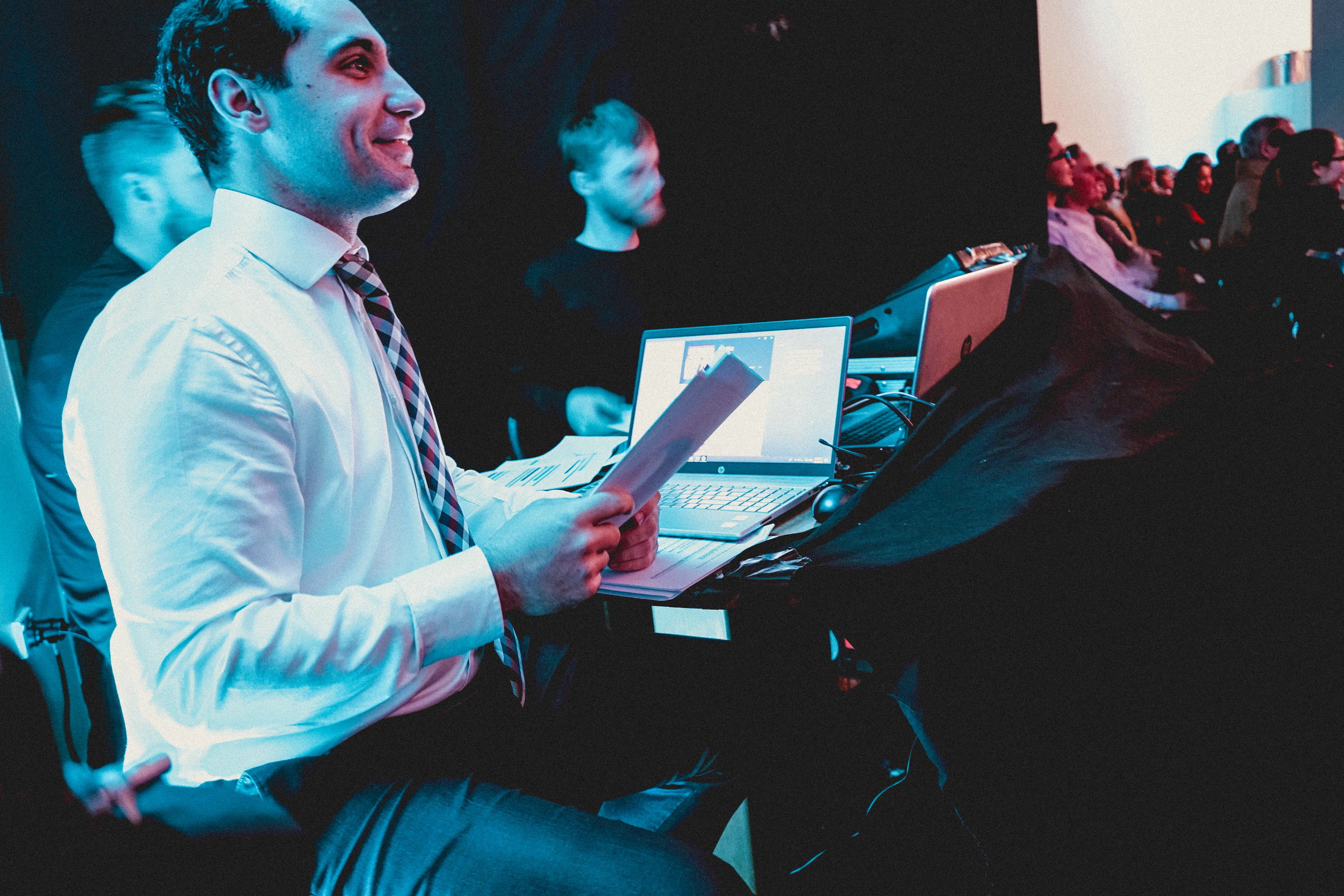“In order that his ministry may be humanly as credible and acceptable as possible, it is important that the priest should mold his human personality in such a way that it becomes a bridge and not an obstacle for others in their meeting with Jesus Christ the Redeemer of humanity.”
Human Formation is all about the development of a well-rounded and competent man, possessing personal maturity. The basis of this is the fact that we human beings are physical, emotional, psychological, sexual, social, intellectual and spiritual, with the potentiality of each being fully realised by our efforts cooperating with God's grace. Growth in ones personal humanity, is therefor the foundation for ones spiritual, pastoral, and intellectual formation.
As a priest’s ministry is directed to his fellow human beings, he's effective only to the degree that his own humanity serves as a bridge between God and humanity. So, the priest must be as humanly credible and as acceptable as possible.
“Through his daily contact with people, his sharing in their daily lives, the priest needs to develop and sharpen his human sensitivity so as to understand more clearly their needs, respond to their demands, perceive their unvoiced questions and share the hopes and expectations, the joys and burdens which are part of life: thus he will be able to meet and enter into dialogue with all people.”
Our college offers each seminarian a personalised and accompanied apprenticeship to aid their growth in self-knowledge, integrity and responsibility. These are called "formation sessions" or "formation advisory meetings", with ones "formator" (a priest mentor) and is supplemented with spiritual direction. Through this process, each is alerted to the particular forms of inconsistency which are likely to compromise their vocational growth. Each seminarian learns to know and accept their their own fundamental needs, personal and family history, limitations and fragility.
Seminary life
During the year, cultural and social events are organised in the seminary community by the students themselves for the benefit of broadening their experience. Supervision in the pastoral formation programme engenders some significant human formation, as do pastoral academic studies. Two half days in the summer or winter school are dedicated to learning and pastoral skills acquisition regarding counselling, grief, and particular common addictions. The academic and spiritual components of formation, including formation advising meetings, also provide many opportunities to monitor and assist the human development of the seminarian.
Ministry Groups
Each seminarian is assigned to work in one of seven ministry groups which manage the day to day life of the College: care of the College Chapel, and dining area, Grounds and Buildings, Management and Information Services, Cultural Events; Sport & Recreation. These activities bring to the surface how seminarians organise their work, take initiatives, demonstrate leadership, and relate to one another and to the seminary authorities. These activities also help to develop the virtues in one that are expressive of vocational commitment; fostering of asceticism and therefore an apprenticeship in self mastery in its many forms (diet, time management, sleep, exercise, recreation etc.)
Celibacy
To be human, is to be relational (with God, others, and the cosmos). Each seminarian is helped to understand the "nuptial significance of the body" (PDV n. 44), with this awareness informing their ongoing journey towards an affective, psychological and social maturity. It provides the basis for understanding the vocation to marriage and the complementary call to celibate priesthood - an integral appreciation of love in all its forms and for our own falling in love with the One who continually calls us.
The virtue of chastity requires, as the Catechism states, the "successful integration of sexuality within the person" (Catechism of the Catholic Church, 2337). Future priests must grow in their awareness of their need for intimacy and in their capacity for appropriate celibate expressions of it in mature interpersonal relationships, with peers and with men and women. This accompanies them in their progress to non-possessive love and communion, and their prudent observance of boundaries (together with alertness to the consequences of infractions in terms of natural justice, church practices and civil law).
In the first two years and again later as senior seminarians, all participate in formation in chastity and celibacy. Through seminars, seminarians engage in a process of prayerful reflection upon the nature and meaning of celibacy. In addition, personalised formation meetings and spiritual direction are available to seminarians to aid their journey of conforming themselves to Christ's example. The church's professional standards policies are also presented and discussed across the various year levels.
Physical fitness
The physical health and fitness of seminarians is important. The student-run Sport & Recreation Ministry group promotes a range of sporting activities to encourage students to make a consistent effort regarding exercise and care of their well-being. The college gym is available for use in students’ spare time. Additionally the seminary's proximity to Princes Park, the Carlton Gardens and gym's, swimming pools and tennis courts (among other recreational facilities), in the city and in Carlton, mean that there is plenty of opportunities to choose from in terms of maintaining one's personal fitness.
Corpus Christi Seminary Soccer Team 2019, Captain: Mr. Tien Tran
(Adapted from the Australian Catholic Bishops Conference, Program for Priestly Formation 2015)







